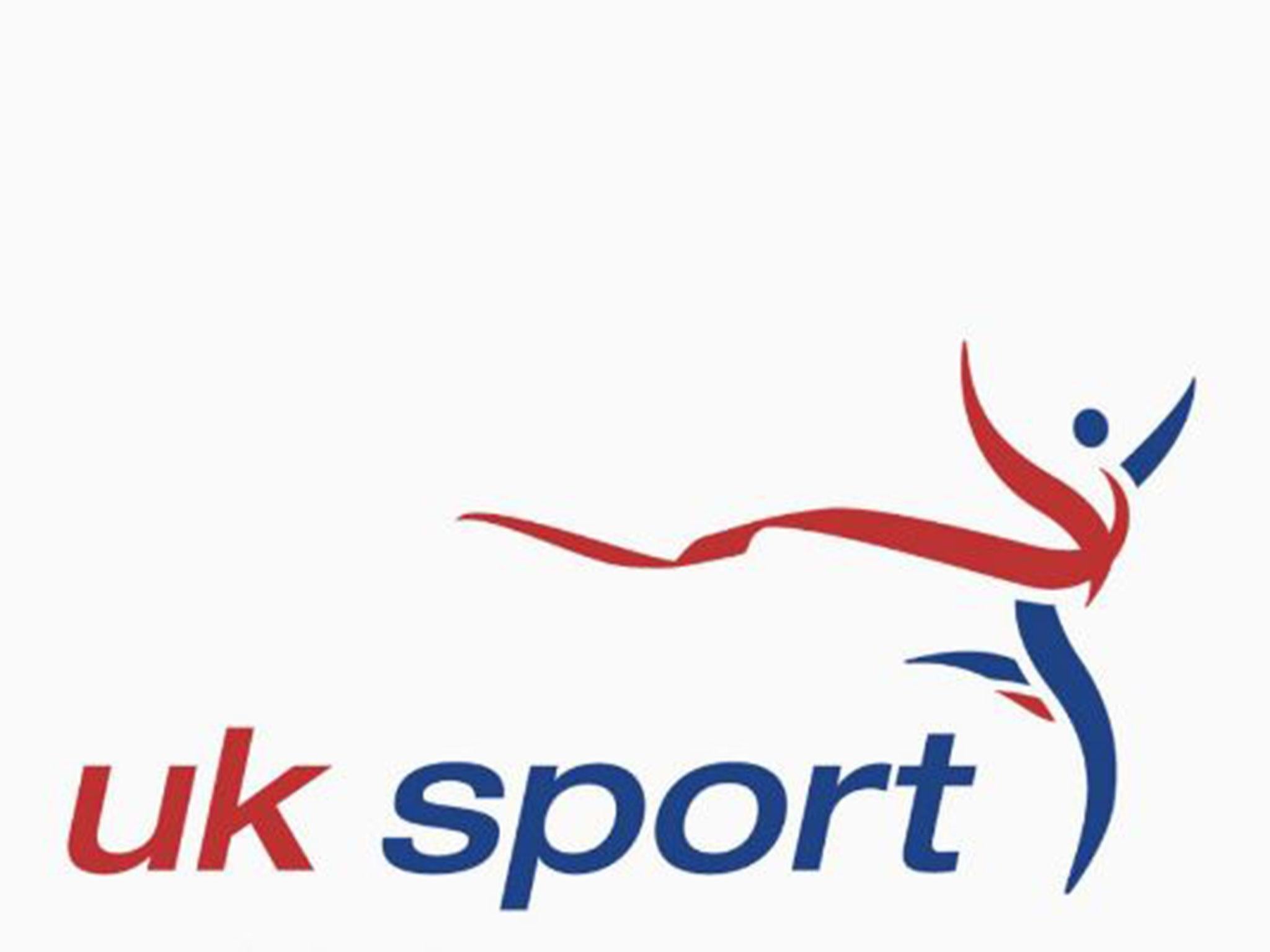Athletics and the MP's doping in sport inquiry: another afternoon of dog-ate-my-homework excuses
Does anyone in the parallel universe some of the people occupy have the remotest idea how bad this all looks?

Your support helps us to tell the story
From reproductive rights to climate change to Big Tech, The Independent is on the ground when the story is developing. Whether it's investigating the financials of Elon Musk's pro-Trump PAC or producing our latest documentary, 'The A Word', which shines a light on the American women fighting for reproductive rights, we know how important it is to parse out the facts from the messaging.
At such a critical moment in US history, we need reporters on the ground. Your donation allows us to keep sending journalists to speak to both sides of the story.
The Independent is trusted by Americans across the entire political spectrum. And unlike many other quality news outlets, we choose not to lock Americans out of our reporting and analysis with paywalls. We believe quality journalism should be available to everyone, paid for by those who can afford it.
Your support makes all the difference.There was another very sobering afternoon’s select committee testimony on Wednesday for those who would like to believe in the sanctity of sport. The backsliding about how to deal with it went on to the bitter end.
Why not give the very substantial annual budget which UK Sport receives a 4 per cent “haircut,” it was suggested as proceedings drew on, and redistribute the money raised to UK Anti-Doping (UKAD) - the organisation which is fighting a godforsaken battle against drugs in sport.
When this notion surfaced, the chief executive of UK Sport, Liz Nicholls, had only just finished telling MPs that she felt the level of funding for UKAD was inadequate - but evidently not so inadequate that her organisation should help pay for it.
“All I would say…” offered Nicholls, all insouciant and matter-of fact after the haircut had been suggested, “…is that 80 per cent of our funding goes out of the door to athletes. It would be £16m less [for us] so we would have to reduce sport and athletes’ funding.”
It was yet another affirmation of sport’s headlong pursuit of success at all cost. Nicholls’ organisation has set down on a path of ruthless funding elitism, in which winning sports take all and the rest are brushed aside, in blind pursuit of Olympic glory and an orgy of nationalistic self-congratulation every four years. It cannot even see that most people would welcome the participants receiving a few million less if it meant that our elite sport was monitored by a rigorous, independent, adequately funded testing organisation.
It is ridiculous to assume that sports will police themselves: the select committee’s extraordinary doping inquiry has been testament to that, as the dog-ate-my-homework excuses for lost medical records continue to grow.
The cyclists’ Doc, Richard Freeman, lost Bradley Wiggins’ details because he couldn’t get to grips with Dropbox technology and then had the misfortune to take the laptop detailing them on holiday to Cyprus and find it stolen. The athletes’ Doc, it now emerges, just didn’t have time to record that he had given a controversial substance L-Carnitine, to Mo Farah, to help the runner’s performance before the 2014 London Marathon. Robin Chakraverty was under-staffed, short of time, had a flight to prepare for and burdened with athletes. The UK Athletics chief executive Ed Warner told the select committee chairman Damian Collins not to “tar us with the same brush“ as the cyclists. And why not, exactly?
There was the usual profusion of lame excuses, empty apologies and general blah, blah, blah on Wednesday. Chakraverty’s failure had been “inexcusable,” said Warner. Chakraverty said he had committed a “lapse.” Meanwhile, those who deserve assurances that their beloved sports are doing everything to be clean look on aghast.
“I actually do think UKAD needs some more resources,” said Nicholls. “They are not resourced to be doing more than budget testing and the occasional review.” Then act on it. Does anyone in the parallel universe some of the people occupy have the remotest idea how bad this all looks?
Join our commenting forum
Join thought-provoking conversations, follow other Independent readers and see their replies
Comments